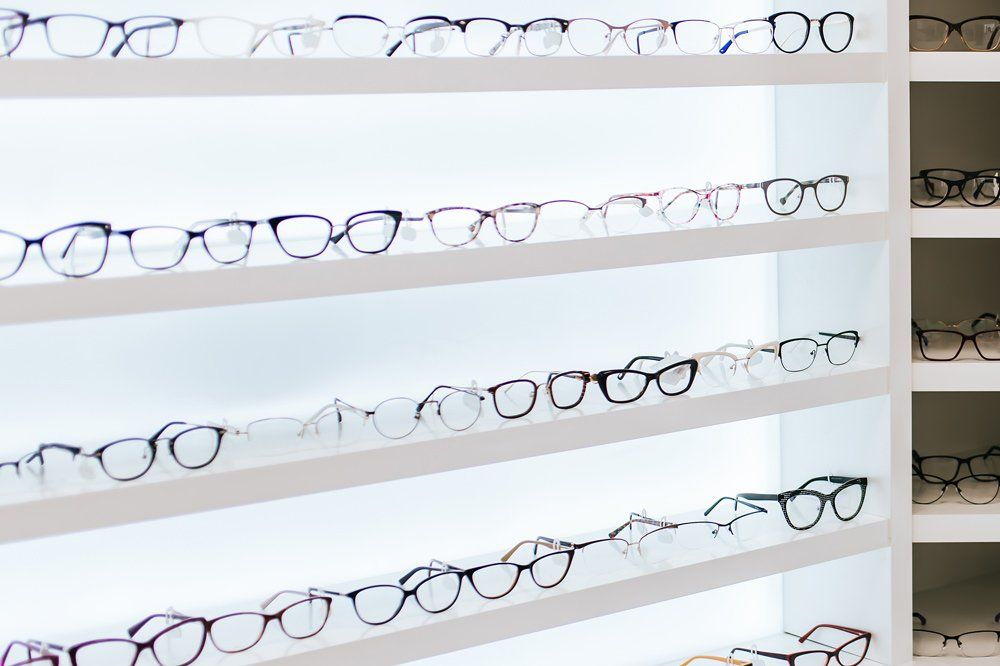Eye Surgical Center Information
Important Contact Information
- If you have questions regarding scheduling or rescheduling your eye surgery or any preoperative visits, please phone the office at 231-796- 0010 and ask for our surgical counselor and coordinator.
- For questions for the hospital regarding scheduling, arrival times or preoperative instructions, please phone Spectrum Health Big Rapids Hospital at 231-592- 4270.
- If you have questions regarding post-operative care, including drop instructions, physical restrictions or any concerns or problems you may be experiencing after surgery, please speak with one of our Certified Ophthalmic Technicians at 231-796- 0010.
- As is the case always, if you are having a true medical emergency, please call 9-1- 1 immediately.
Frequently Asked Questions regarding cataract surgery
Surgical Instructions
1. Arrange for someone to drive you to and from the hospital on the day of surgery.
2. The day of surgery:
- Take your morning medications as per the hospital’s directions. Bring all medications to the hospital with you. They may be given to you at the hospital. If you have glaucoma, do not use your glaucoma medications in the eye to be operated on.
- You may brush your teeth and rinse your mouth, but do not drink fluids or chew gum, candy, or mints.
- You may wear your hearing aids or dentures to the hospital. In addition, you should bring your reading glasses. Wear comfortable clothing. Do not wear shirts or sweaters which must be pulled over your head. Also, please do not wear makeup.
- Leave your valuables, including jewelry, at home.
- Someone will need to drive you to and from the hospital. If at all possible, have a friend or relative remain in the hospital during your surgery and recovery. You will typically be ready to leave the hospital about 1 hour after the surgery is finished. Plan to do nothing but relax the remainder of the day.
3. What to expect in the operating room:
- When you enter the operating room, you may need to move from a cart to the operating table. In order to make you more comfortable, we may place a pillow under your knees, which helps take the stress from your back. You will also have blankets placed over you. If you become too warm or cold, please let us know.
- Once you have been made comfortable, the anesthesia personnel will place several patches on your chest to monitor your heart during the operation. You will also have a blood pressure cuff on one of your arms and a clip that is similar to a clothespin on one of your fingers to measure your oxygen level. An IV will be started in either your hand or arm, so that we can give you some medication which will help you to relax. You will receive local or topical anesthesia. Although the eye is “numb,” it can still move so please look straight ahead and follow the doctor’s directions.
- As the doctor begins the procedure of removing your cataract, you will hear various sounds from the equipment and surgical personnel in the operating room. If at any time during the procedure you feel pain or burning, let the doctor know.
- If you have any questions or concerns during your time at the hospital, please let us know so that we can make your stay as brief and as easy as possible for you and your family.
4. After Surgery:
- You may expect your eye and lid to be red, droopy, and/or discolored. The operated eye may experience some mattering and tearing, which is normal. It is also normal for your eye to feel scratchy.
- Moisten clean cotton balls or a clean wash cloth with warm tap water and use them to wash the discharge from your eye lids. You should do this whenever necessary. You may take tylenol or aspirin to relieve pain or discomfort as needed. In addition, you may resume taking your medications.
- At bedtime, for the first week, tape the metal eye shield over the operated eye. Do not rub the operated eye.
5. Medications:
- You will begin using specific eye drops per the doctor’s instructions. These eye drops may be taken one after another, waiting about 10 minutes between drops. Do not stop taking any of the drops until you are directed to do so. Also bring your eye drops to your postoperative appointments.
6. Diet:
- Eat lightly after surgery and resume your normal diet the day after surgery
7. Bathing:
- You may bathe and wash your hair under the shower, as long as you keep your eye closed. If you wish to shower, avoid direct spray of water in to your eyes.
8. Activity:
- Exercise extra care around the home. Take your time climbing stairs. Also get up slowly when you wake up to avoid a dizzy spell. You should be cautious of rugs, which may slip. When blowing your nose, do it gently, to avoid pressure on your eye.
PLEASE NOTE THESE SYMPTOMS WHICH COULD NEED IMMEDIATE ATTENTION
- Severe, throbbing pain, which is not relieved.
- Sudden loss of vision in the operated eye.
- Fresh, bright, bloody drainage.
- A fever of 100.4 or higher.
- Nausea and vomiting.
- Flashing lights in the operated eye.
- Severe sensitivity to light in the operated eye.
IF ANY OF THESE SYMPTOMS OCCUR, CONTACT THE OFFICE IMMEDIATELY.






